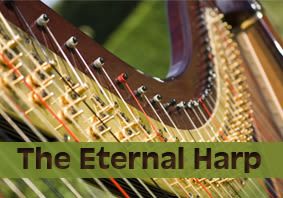
Vayigash: The Eternal Harp
Serach bat Asher was instrumental in reuniting Ya’acov with Yosef; she also had a central part in delivering the Jewish people out of the Egyptian exile…

Parshat Vayigash
SERACH BAT ASHER – HER DAYS WERE TWINED AND MULTIPLIED
Serach is the only granddaughter, and the only woman aside from Ya’acov's immediate family included in the enumeration of the seventy souls of Ya’acov’s house who descended down to Egypt. “The children of Asher… and Serach their sister” (Bereishit 46:17). Her name appears again two hundred and fifty years later among the names of the family of Asher who were to receive a portion in the Land of Israel: “The daughter of Asher was Serach” (Bemidbar 26:46). Rashi remarks, “Because she was still alive, she is counted here.” Asher was blessed that his old age be like the days of his youth (Devarim 33:24). The length of the life of Serach, his daughter, however, by far exceeded the life span of anyone else in her tribe, including her father. The meaning of her name is appropriate to her extraordinary longevity. The name “Serach” means to: twist, traverse, twine, lace, stretch, spread out, hang over and be dragged. Thus, our Sages relate that she was called Serach because “sheserachu v'nitrabu yemeiha” – her days were twined and multiplied.
BRIDGING THE TRANSITIONS OF ISRAEL
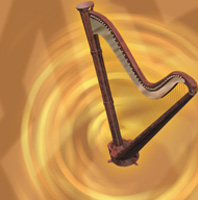 Serach played a key role in bringing the children of Israel down to Egypt. Yosef's brothers were concerned about how best to reveal to their aging father that his favorite son was still alive, without shocking him by the astounding news. According to our tradition, Serach, the daughter of Asher, solved their problem. By gently playing the harp and singing, “Yosef is still alive, Yosef is still alive,” she revived the spirit of Ya’acov, her grandfather. In this way, Serach was instrumental in reuniting Ya’acov with Yosef and bringing his entire family to Egypt. Serach also had a central part in delivering the Jewish people out of the Egyptian exile. She was the one to assure the children of Israel that Moshe was their true redeemer. They had a tradition from Ya’acov that any redeemer who would come and say, “Pacod Pacadeti Etchem,” (“I have surely visited you”) is a true redeemer. Ya’acov handed this secret over to Yosef, Yosef to his brothers, and Asher the son of Ya’acov handed the secret over to his daughter, Serach, who was still alive during Moshe’s time. Therefore, the Jewish people immediately believed Moshe when he pronounced this phrase (Shemot Raba 5:13). The Maharzav comments that just like Serach was still alive at the time of the redemption from Egypt, she will continue to exist in the future.
Serach played a key role in bringing the children of Israel down to Egypt. Yosef's brothers were concerned about how best to reveal to their aging father that his favorite son was still alive, without shocking him by the astounding news. According to our tradition, Serach, the daughter of Asher, solved their problem. By gently playing the harp and singing, “Yosef is still alive, Yosef is still alive,” she revived the spirit of Ya’acov, her grandfather. In this way, Serach was instrumental in reuniting Ya’acov with Yosef and bringing his entire family to Egypt. Serach also had a central part in delivering the Jewish people out of the Egyptian exile. She was the one to assure the children of Israel that Moshe was their true redeemer. They had a tradition from Ya’acov that any redeemer who would come and say, “Pacod Pacadeti Etchem,” (“I have surely visited you”) is a true redeemer. Ya’acov handed this secret over to Yosef, Yosef to his brothers, and Asher the son of Ya’acov handed the secret over to his daughter, Serach, who was still alive during Moshe’s time. Therefore, the Jewish people immediately believed Moshe when he pronounced this phrase (Shemot Raba 5:13). The Maharzav comments that just like Serach was still alive at the time of the redemption from Egypt, she will continue to exist in the future. THE PEACEFUL AND FAITHFUL OF ISRAEL
According to Bereishit Raba 94:9, Serach's life continued during King David's kingdom. She was the wise woman who prevented a civil war in Israel, as it states in the second book of Shemuel 20:16-20: “Then cried a wise woman out of the city.” “When he approached her, she said: Are you Yoav?” According to the Midrash, she said, “by causing bloodshed among Israel, you do not live up to your name Yoav, which means a father to Israel.” When Yoav questioned: “Who are you?” She replied, “I am the peaceful and faithful of Israel” (ibid. 19). I am the one who completed the numbers of Israel in Egypt. I am the one who connected the faithful Yosef to Moshe. “How can you desire to kill a city and me who is a mother in Israel?” (ibid.). Immediately Yoav answered and said, “Far be it, far be it from me…” (ibid. 20). In this way, Serach upheld the kingdom of David against the rebellion of Sheva ben Bichri, the last movement of resistance to David's kingdom.
REACHING BEYOND DIVISIONS
Serach's continued involvement with the unity of Israel extends even to the times of the Talmud: “Rabbi Yochanan was sitting and learning how the water became like a wall for Israel at the splitting of the Sea. He understood it to be like wooden latticework. Then Serach peeked out from the Garden of Eden and said `I was there, and the waters were nothing but clear, lit up windows'” (Yalkut Shimoni, 2 Shemuel 20, 152). Serach did not tolerate any separation between the tribes. According to her, when the people of Israel crossed the Sea of Reeds, there was neither fence nor wooden lattice. Without divisions, the different tribes saw each other clearly while passing through. Just as they went down to Egypt as one people, so did they arise from Egypt as one people, seeing each other through the lit up windows. By reaching beyond the divisions of Israel, Serach was able to guide the Jewish people during crucial turning points of our history. She completed the numbers of the people who went to Egypt, announced the right time for the leaving of Egypt, and crushed the last resistance against King David. The continuing existence of Serach affirms that the quest for unity and peace is always alive within Jewish womanhood. Serach transmits the melody of life and redemption through the righteous women of each generation. Let us join her quiet yet powerful tune.
***
Rebbetzin Chana Bracha Siegelbaum is Director of Midreshet B’erot Bat Ayin in Gush Etzion. This article is an excerpt from her book Women at the Crossroads: A Woman’s Perspective on the Weekly Torah Portion, reviewed by The Jerusalem Post, The Jewish Press, Voices Magazine, Good Reads, and WordPress/JewishPress and more. To order this book, click here.


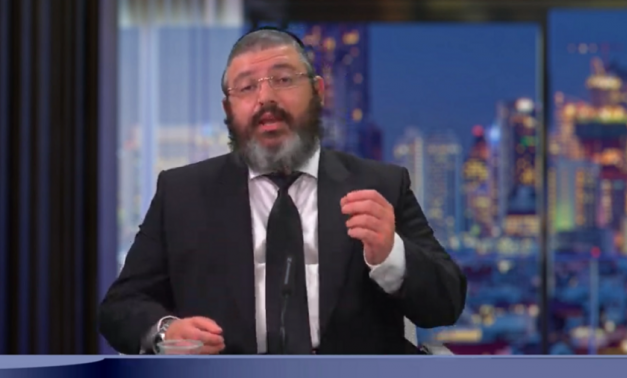



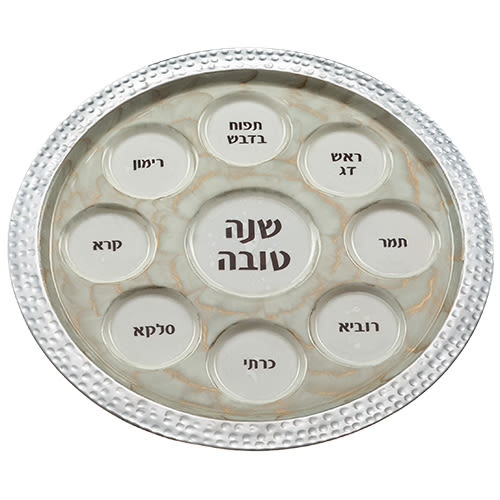
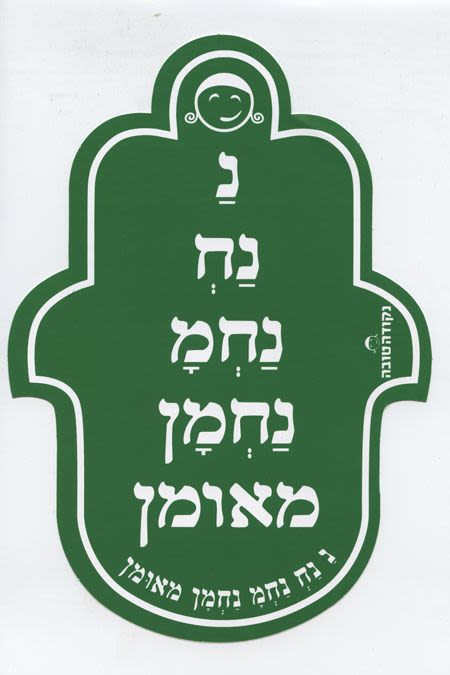
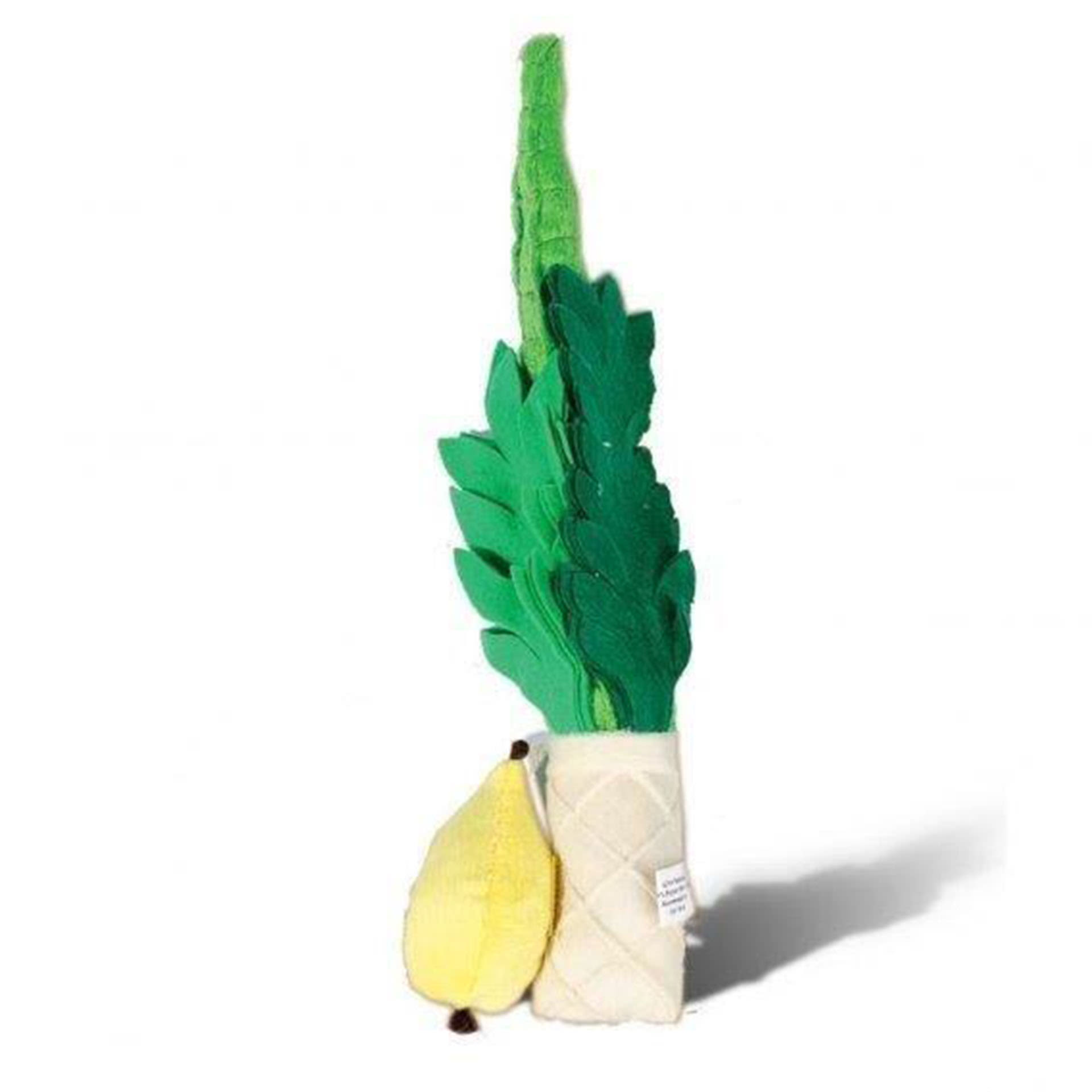
Tell us what you think!
Thank you for your comment!
It will be published after approval by the Editor.